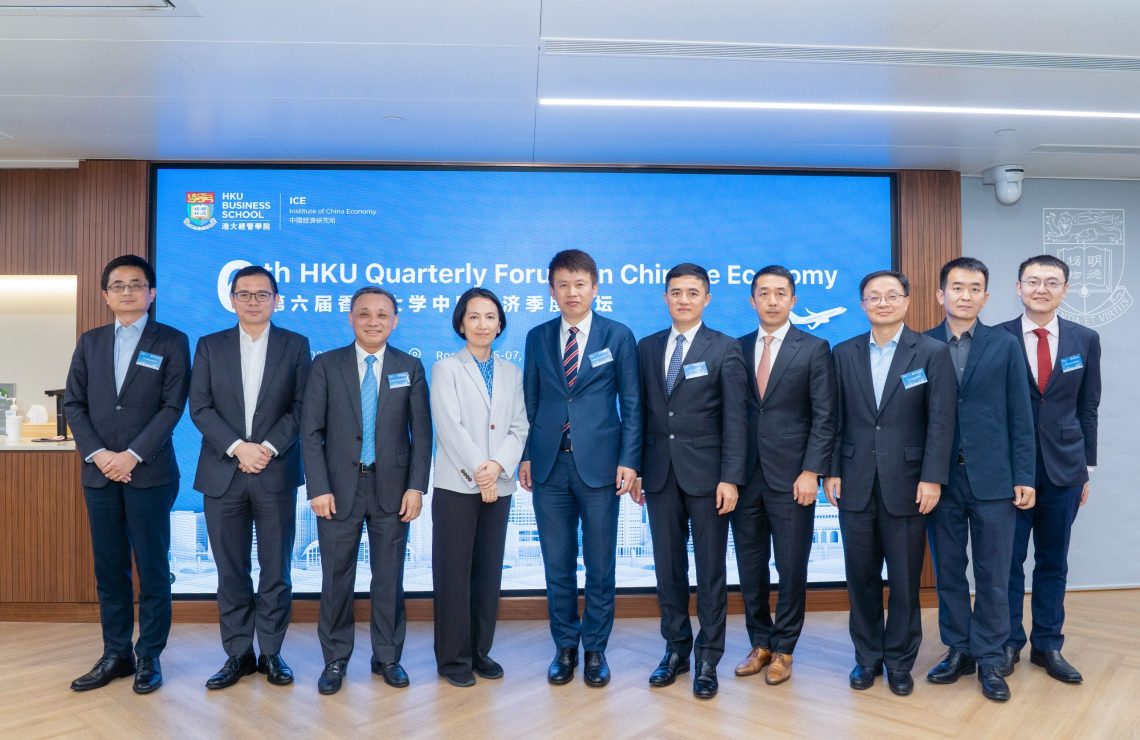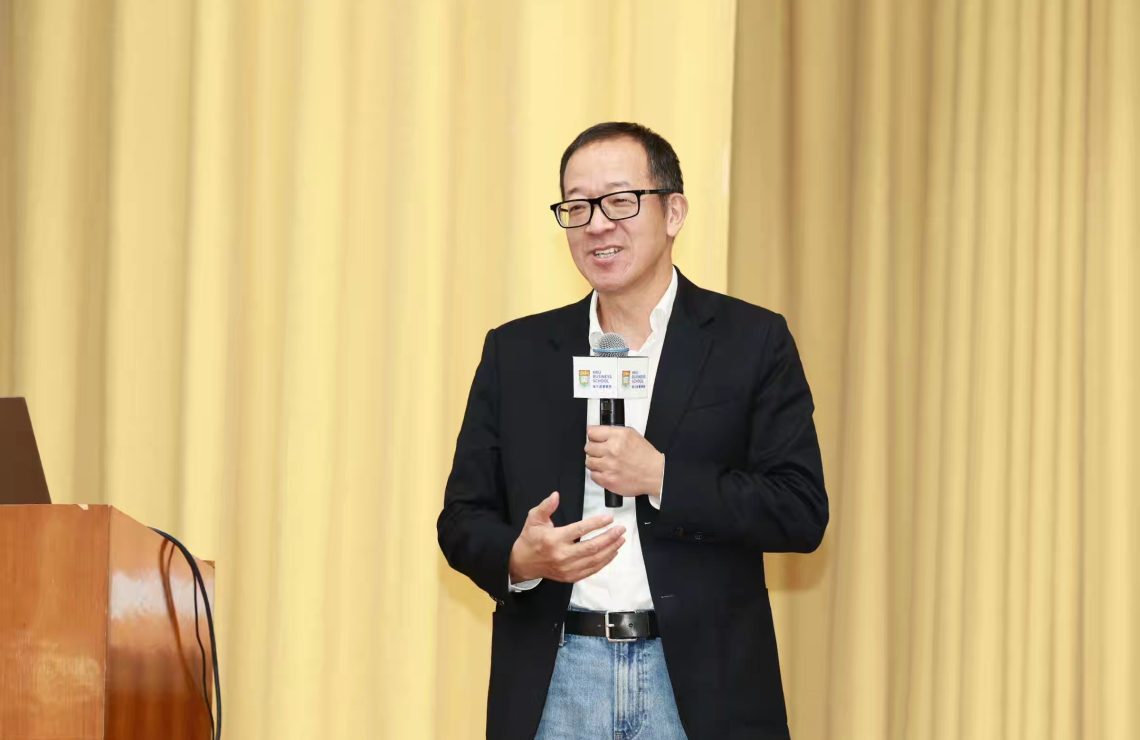
Students and teachers adapt to the pandemic challenge
This year has delivered a series of challenges that have never been seen before. Part of the struggle has been trying to deliver world-class teaching without many of the face-to-face elements students are used to. To support student learning during the Covid-19 pandemic, technology has been adopted to deliver everything from lectures, to tutorials, workshops, forums, study groups, assessments, and guest speakers. The weapons of choice? Think of all the platforms used in the business and personal world, from Zoom to Microsoft Teams, and all the way to YouTube, WeChat, WhatsApp, and Facebook.
Many students say that regardless of the situation, the outcomes have been a positive during the past semester. “Overall, I think my online learning experience was great because I got to learn and review all the videos in my own pace which provides me with great flexibility in my daily schedule,” says Chloe Yip, a BBA (Accounting and Finance) second year student. The feedback was shared by Martin Ngan, a second year student in BBA(Law)&LLB double-degree programme: “Online learning was an interesting experience. It is convenient as we could attend our lecture as usual through Zoom or watch the recorded lecture anytime. Online learning is very convenient at the same time as we can arrange our timetable flexibly without being restrained by time and location,” he says.
What did the professors think about teaching in the midst of a pandemic? For Dr. Olivia Leung, Associate Dean (Teaching and Learning) at HKU Business School, the key is to utilise the power of EdTech to deliver good outcomes. “A high quality online course is engaging, interactive, and effective in supporting students,” she says. “Compared to face-to-face courses, online courses require teaching materials to be more accessible, concise, logical, and user-friendly. To build a supportive and positive online learning community with students, teachers need to create their online teaching presence to add the human element,” Dr. Leung adds.
In a dynamic environment when everything changes by the week, there are always going to be teething pains. “Online learning blurred the lines between the comforts and relaxation of home with the responsibilities and pressures creating a somewhat continuous unsettling stress,” says student Antonio Velasco, a non-local BBA third year student.
When assessing online learning, Martin says it is ideal for things involving many people. “For group project discussion, we usually meet through Skype anyway. As most of us are busy meeting online is the best way to gather everyone. It is efficient with no time or venue constraint, and we can share our screen easily which facilitates the meeting,” he says.
![]()
Dr. Olivia Leung
In Dr. Leung’s opinion, the online teaching process requires some retraining. “Staff who did not have much prior video lecturing, recording or editing experience took some time to equip themselves with these skills in the beginning of this past semester. Other than technological challenges, some staff find it difficult to assess how much students have learnt and enhance students’ morale when face-to-face lectures are not possible,” she says. “To enhance morale, teachers could actively approach students online to initiate communication with students and to listen to their needs. For example, teachers and tutors could schedule live online office hour slots to meet with each student or each project group,” Dr. Leung adds.
At the end of the day, there were humorous situations that were able to shine a light on the dark. “You must be extremely careful when you are having an online tutorial at home as I have always been interrupted by parents or siblings, asking me to have dinner, soup, or fruit with a loud voice while I am answering questions,” says Martin with a laugh.







